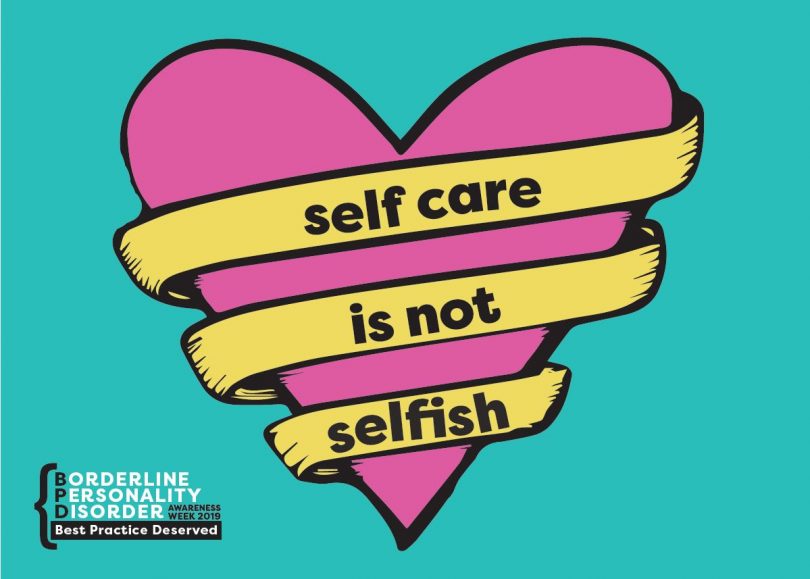
Borderline personality disorder is a complex mental health condition. Image: BPD Awareness Week.
Borderline Personality Disorder affects thousands of people in the ACT, with more women than men receiving a diagnosis.
This week is BPD Awareness Week, which means lots of activities aimed at helping all of us better understand this complex mental health condition and how we can support friends, family, or co-workers who have BPD.
One of the myths about BPD is that it can’t be treated. But research and the lived experience of people with BPD show that treatments are effective, and the condition can be improved.
Being able to identify the issues involved in a person’s condition, and a willingness to change behavioural responses that are causing difficulties is the most important part of treatment.
Having focused routine activities helps. Routines could include daily tasks at home, engaging in education or paid work, physical activity or meditation. Routine helps provide a sense of achievement and engagement in meaningful activity.
It is common for BPD to have an impact on a person’s social relationships. When behavioural responses affected by BPD are misinterpreted by family, friends and carers, the person with BPD can be left feeling worse. If you have someone in your life with BPD, there are resources that can help in understanding the condition, as well as appropriate ways to cope with behaviours, so that the person with BPD can be supported in managing their condition.
Because BPD is a complex mental health condition, it is important that a person with this diagnosis has access to the right professional support. This may include collaborations between psychiatrists, psychologists and other carers. It is likely that care will be needed continuously for at least a year.
One therapy that has proven effective with BPD is Dialectical Behaviour Therapy (DBT), a therapy that is also used for other mental health conditions.
DBT is different from Cognitive Behavioural Therapy, and focuses on mindfulness, emotional regulation and acceptance. The strategies learned through DBT can be helpful in distressing situations.
To learn more about Borderline Personality Disorder visit BPD Awareness Week 2019 or Borderline in the ACT, a website developed by Women’s Centre for Health Matters.




















